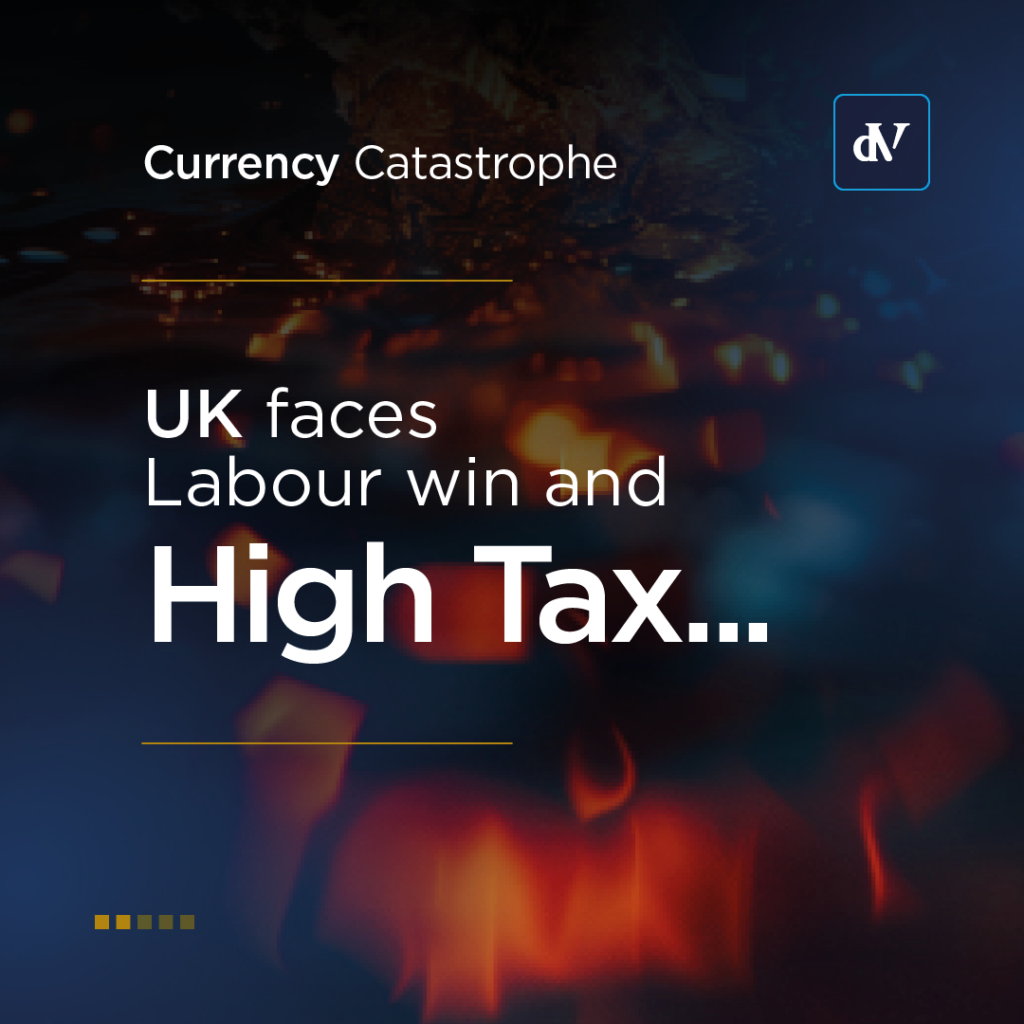|
Getting your Trinity Audio player ready...
|
Understanding the term ‘Sustainable Blue Economy’
Sustainable Blue Economy is a rising term in economics that varies across different organisations and academics. However, the widely accepted meaning is the exploration, preservation, and regeneration of the marine environment. The UAE’s economy is deeply connected with the health of the oceans. So it should come as no surprise that the nation is promoting safeguarding efforts to protect the marine environment.
The United Arab Emirates is one country that does not shy away from the idea of change. The oil-rich Arab sheikhdom has utilised its natural resources to build two of the world’s most advanced cities, Dubai and Abu Dhabi.
However, the United Arab Emirates is aware that the economic growth brought about by its oil wealth cannot be relied upon for future generations. The UAE is now diversifying their economy at an incredible pace, in part, to ensure the actions of today do not compromise the needs of tomorrow.
Within this blog, we explore one of the most important challenges facing the UAE and the world, maintaining the health and longevity of the oceans. The blog explores the UAE’s relationship with oceans and the various ways in which it is attempting to play its part in building a sustainable blue economy for future generations.
The Global Economic Importance of the Oceans
According to the Commonwealth, if the oceans were a single economy, they would be the seventh-largest globally, with an estimated value of $1.5 trillion per year. Moreover, The World Bank estimated that fisheries contribute $270 billion per annum to the gross domestic product of all nations.
A Global Shift in Recognition of the Importance of the Blue Economy
In recent decades, the importance of the world’s oceans has received growing levels of attention. Increasingly, international bodies are seeking to outline a pathway to create a sustainable future for the oceans whilst maintaining their utility as an economic resource. The ideal balance is a difficult one to find, as anything that has economic viability is sadly difficult to protect. Problems including overfishing are becoming prevalent.
Life on Earth is heavily dependent on the safeguarding of the world’s oceans. Thankfully, investment into Sustainable Blue Economy management is growing rapidly. The United Nations Sustainable Development Goals (UN SDGs) and WWF’s Sustainable Blue Economy Principles are part of this rising tide.
The blue economy is tied to the UN’s Sustainable Development Goal number 14, which aims to “conserve and sustainably use the ocean, seas and marine resources for sustainable development”.
Funding the Sustainable Blue Economy was high on the agenda at the COP-26 summit. Some bodies called for an independent blue economy summit to take place in the future to further reinforce the impetus on marine protection.
The UAE’s Role in the Blue Economy
It has become clear for the UAE that pursuing the Blue Economy and the sustainable management of the oceans will be a key factor in its future economic success.
The UAE’s connection with the oceans is deep-rooted and economically vital. H.H. Sheikh Abdullah bin Zayed commented: “promoting the sustainable development of our oceans is a key priority for the UAE as we work to ensure that rapid economic development does not come at a cost to our marine biodiversity and natural ecosystems, which are critical to sustaining the livelihood of our coastal communities.”
In the UAE, several initiatives have been launched to promote the Blue Economy. These projects focus on the ecotourism business and sustainable maritime transport industry. The National Ecotourism Project was launched in July 2018 by the Ministry of Climate Change. The ministry is working with airlines and travel agencies to promote ecotourism within the UAE.
In 2019 the UAE became the chair of the Indian Ocean Rim Association IORA. In February 2022, Dubai will host a virtual summit to discuss the various ways of growing the blue economy, among other important areas.
The UAE has driven fresh energy into the project by establishing a new development fund for the organisation.
The UAE’s Economic Dependence on the Oceans
Trade
Prior to the UAE becoming an oil superpower, the country’s economy depended heavily on its fishing industry and geostrategic location as a transitory port. In more recent years, since the country’s oil-led revolution, it has become a global trading hub for both aviation and shipping. The country has a collection of major ports, including Jebel Ali, Mina Zayed and Mina Khalid.
In recent years Mina’ al Fujayrah (Fujairah), the port on the East of the country, found on the Indian Ocean, is becoming increasingly important. The UAE recently laid out plans to create a multi-billion-dollar train network that connects Fujairah with other parts of the UAE and beyond, stretching into Saudi Arabia and other Gulf nations.
The use of Fujairah as the country’s main port, connected via train, will mean ships will no longer need to pass through the Strait of Hormuz. This is a waterway with shorelines shared by UAE, Oman and Iran in the Persian Gulf. Iran controls the Strait of Hormuz, with seven out of the eight islands within the waterway under Iranian sovereignty. In the past, Iran has threatened to close the Strait of Hormuz.
Tourism and Coastal Recreation
When people think of the UAE, the white sand beaches, luxurious beach clubs and adventurous land creation projects, including the Palm Jumeriah, often come to mind.
The UAE took full advantage of its warm climate and abundance of coastline to build one of the most popular tourist hotspots in the world. Maintaining the health of the surrounding oceans is therefore of utmost importance to the country’s economy.
Water Provision
The UAE has had to get creative when it comes to meeting the water needs of its population. The UAE comprises almost entirely of desert. This means the UAE must either import its water or desalinate it from the oceans.
Climate Control
The UAE’s climate is deeply affected by the health of the oceans. If the health of the global oceans declines in various ways, the climate is likely to be negatively impacted. This could include rising temperatures above 50 degrees Celsius, an increase in extreme weather conditions and a decrease in the amount of rainfall, which is already limited.
Summary
The UAE’s dependence on the ocean as a means for future sustainable economic development cannot be understated. The country is working on various projects aiming to promote the safeguarding and longevity of coastal environments. These include ecotourism, nature reserves and sustainable maritime practices.
The country sits at the forefront of the Blue Economy movement. This is shown by its chairing of the Indian Ocean Rim association and pledges for future action and funding.
For independent financial advice to expatriates and international investors based in the UAE, contact deVehttps://devere-acuma.com/re Acuma, part of one of the world’s leading independent financial advisory organisations.



